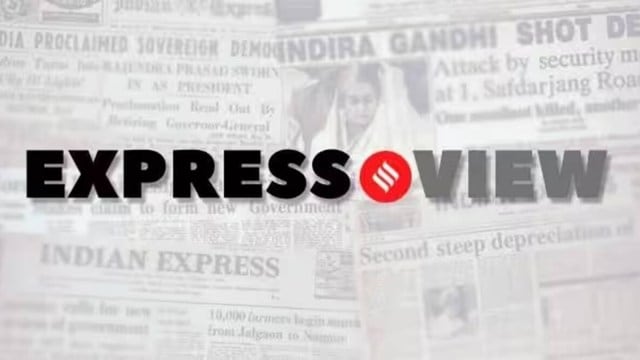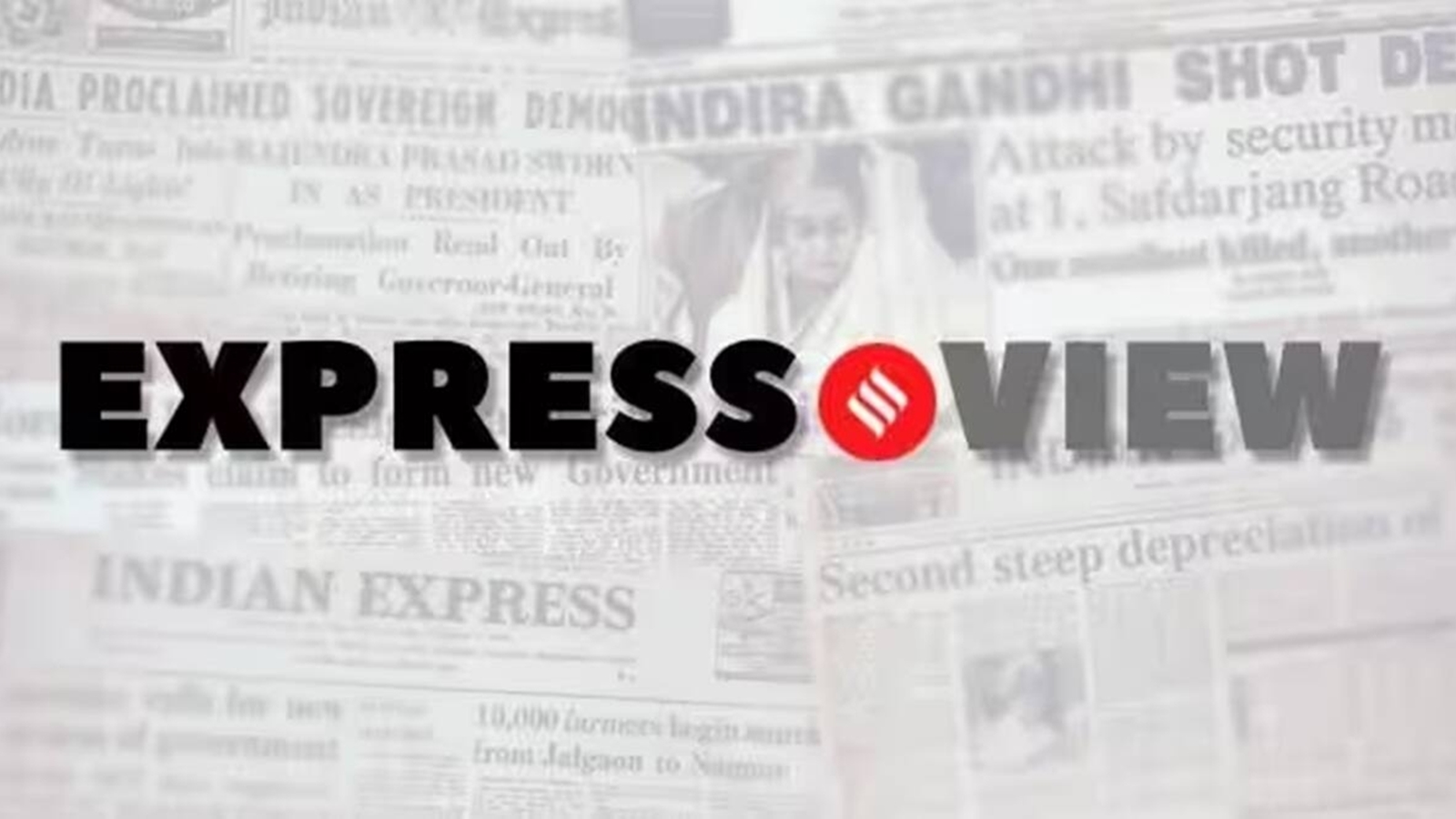
On July 1, in his first speech in Lok Sabha, Inner Manipur MP A Bimol Akoijam put forward an impassioned question: “Is this silence communicating to the people of the Northeast, and particularly Manipur, that you do not matter in the Indian state’s scheme of things?” Silence and tokenism have seemed to be the leitmotif of the reaction of the Centre and state to the over-a-year-long ethnic violence in Manipur that has claimed over 200 lives and displaced more than 60,000. The Prime Minister’s acknowledgement of the crisis in the state in the Rajya Sabha (RS) — a day after Akoijam spoke — and his outlining of the restorative action being undertaken, therefore, marked a welcome and long-overdue step forward. Now the visit of Congress leader Rahul Gandhi to the Northeast, including in the affected districts of Jiribam, Churachandpur and Bishnupur in Manipur — his first as the Leader of Opposition (LoP) — must reinforce the imperative for greater urgency and sensitivity by Delhi towards Manipur.
Of course, Manipur’s descent into crisis is not the function of a year’s strife alone. It is the result of larger patterns of administrative negligence that have chipped away at its potential, exacerbating ethnic tensions between the state’s Meiteis and Kuki-Zos; the pockmarks created by the dipping indices of employment, education, healthcare and infrastructure, a more virulent strain of identity politics filling them. Since the outbreak of the recent crisis, which began with the Meitei demand for ST status and a Kuki-Zo counter that it would further marginalise them economically, the Centre and the N Biren Singh-led state administration have repeatedly blamed “outsiders” for the violence, framing it as a law-and-order situation to be reined by the deployment of central forces. They have refused to acknowledge criticism that not enough was being done for a mediated rapprochement, dismissing visits by Opposition leaders or the flagging off of Gandhi’s Bharat Jodo Nyay Yatra from Thoubal in January as gimmicks. It is only recently, after the outcome of the Lok Sabha elections, that the CM has acknowledged his government’s failure in containing the situation.
In his RS speech, the PM rightly spoke of the necessity to “go beyond politics and bring peace and stability” to the state. Building consensus takes time and the pragmatism to acknowledge mistakes. It also requires the ability to replace silences with conversations and a willingness to learn from the missteps of others. Through his tenure, in his engagement with the Northeast, the PM has been proactive. It is, therefore, only befitting that he follows the LoP’s lead and remedies his absence from the state. Manipur needs all the attention it can get — it is only through participation and engagement that a solution that holds can emerge.


